Melbourne’s Twenty Decades edited by Richard Broome, Richard Barnden, Elisabeth Jackson and Judith Smart
The Royal Historical Society of Victoria is delighted to announce the release of its latest publication.
Read Stuart Macintyre’s launch speech here.
Melbourne’s Twenty Decades takes the reader on a visual journey, exploring First Nations history and continuing for 200 years, decade by marvellous decade, until we reach our bright future. This book reveals why understanding our past is so important for our future.
The book has a stellar line-up, with some of Australia’s most respected academics and historians contributing to the publication, as well as iconic images from the Royal Historical Society of Victoria (RHSV) archives, which makes for an impressive publication.
Editors: Richard Broome, Richard Barnden, Elisabeth Jackson, Judith Smart.
Contributing authors: Jill Barnard, Richard Broome, Michael Cannon, Graeme Davison, Don Garden, John Lack, Andrew Lemon, Andrew May, Seamus O’Hanlon, Charles Sowerwine and Judith Smart.
Notes on Contributors
Jill Barnard is President of Professional Historians Australia and a past president of the Professionals Historians Association of Victoria. As a partner in Living Histories, she has many years’ experience as a consulting historian and has authored and co-authored a number of commissioned histories covering areas including welfare history, Station Pier, Port Melbourne, Albert Park Reserve, a superannuation fund, a medical college and the Australian Breastfeeding Association. She has also prepared a number of thematic studies for government authorities and was an interviewer for the National Library of Australia’s Forgotten Australians and Former Child Migrants Oral History Project.
Richard Barnden FRHSV has been an RHSV member and honorary researcher for over 35 years. His special interest is images of Melbourne and Victoria and he co-ordinates fellow researchers in the RHSV’s Images Room. Here the Society’s Image Collection of donated photographs, lantern slides, art work, maps etc., begun in the early 1900s, is carefully stored, catalogued and digitised systematically for use in exhibitions, family and local histories and satisfying numerous enquiries. Richard plays an enthusiastic role in all these activities, assisting in the selection of images for this publication, contributing to Remembering Melbourne (2017) and, recently creating a digital billboard.
Richard Broome, FAHA, FRHSV, Emeritus Professor in History at La Trobe University is President of the RHSV, Chair of its Publications Committee, and Patron of the History Teacher’s Association of Victoria. He is a former editor of Australian Historical Studies and co-editor of the Victorian Historical Journal and History News. He has written thirteen books, including Aboriginal Australians. A History since 1788 (2010 4th edition) and the prize-winning Aboriginal Victorians. A History since 1800 (2006) and was lead editor of the successful Remembering Melbourne (2016, 2017). His last book published in Australia and India, Naga Odyssey. Visier’s Long Way Home (2017) was co-written with Visier Meyasetsu Sanyü. His new book Mallee Country. Land, People, History (2019) was written with three colleagues.
Michael Cannon was born in Brisbane in 1929. His early years were lived in the Western District of Victoria, where his parents published a local newspaper. The first part of Michael’s working life was spent as a journalist and editor in Melbourne, Sydney and London. His first book, The land Boomers, published by Melbourne University Press in 1966, is still in print. That was followed by a series of historical works dealing with many aspects of Australian life in the nineteenth and twentieth centuries. Recently Michael has concentrated on reviving the work of the nineteenth-century writer known as ‘the Vagabond’ (John Stanley James), mostly recently in Vagabond Voyager.
Graeme Davison AO FAHA, FASSA, FFAHA is Emeritus Sir John Monash Distinguished Professor at Monash University. He was educated in Melbourne, Canberra and Oxford, where he was a Rhodes Scholar. He taught at the University of Melbourne, Monash University and was visiting Professor of Australian History at Harvard University among other appointments overseas. He was President of the Australian Historical Association, and Chairman of the Heritage Council of Victoria, His numerous books include: The Rise and Fall of Marvellous Melbourne (1978 and 2004), The Unforgiving Minute: How Australia Learned to Tell the Time (1994), The Use and Abuse of Australian History (2000), co-editor The Oxford Companion to Australian History (1998, 2000);Car Wars: How the Car Won Our Hearts and Conquered our Cities (2004) and recently Lost Relations: Fortunes of My Family in Australia’s Golden Age (2015), Trendyville: The Battle for Australia’s Inner Cities (2015) (with Renate Howe and David Nichols) and City Dreamers: The Urban Imagination in Australia (2016).
Don Garden OAM, FFAHS, FRHSV, Adjunct Associate Professor at the University of Melbourne is the President of the Royal Historical Society of Victoria, Immediate Past President of the Federation of Australian Historical Societies and a member of the Australian Heritage Council. For many years he taught History and Environmental History at the University of Melbourne, where he is now an honorary Fellow. He has written seventeen books, a mixture of local and regional histories (including a history of Victoria), biography, company history, an environmental history of Australia and the Pacific and a history of El Nino events in Australia, New Zealand and the Pacific.
Elisabeth Jackson graduated in history from Melbourne University. She later studied librarianship and spent most of her career in public libraries. In retirement she works as a volunteer at the Royal Historical Society of Victoria. Elisabeth moved to Melbourne from Adelaide via Alice Springs at the age of 9. Sitting in a coffee shop 50 years later, she realised that she now called Melbourne, and particularly the suburb of Brunswick, home. Her appreciation of the city and its history was enhanced by working on the books Remembering Melbourne published in 2016 and this present publication.
John Lack FRHSV is a graduate of the University of Melbourne and Monash University where he taught courses in Australian History, including war and society, and immigration, and workshops in archives, oral and urban history. He became Associate Professor of history at the University of Melbourne and is now a Principal Fellow in the School of Historical and Philosophical Studies at the University of Melbourne. He has written and edited books, and contributed to Australian and American journals, in these fields. A former editor of the Journal of the RHSV, and Victorian section editor and chair of the Australian Dictionary of Biography, he remains an active researcher and writer.
Andrew Lemon AM LittD (Melb.), FRHSV, has enjoyed a long career as an independent professional historian. He has published widely on topics ranging from schools, sport and shipwrecks to biography, winning national literary awards. He is best known for his three volume History of Australian Thoroughbred Racing. For his body of work, the University of Melbourne awarded him the degree of Doctor of Letters in 2005. He served on Victoria’s Heritage Council and the State Library of Victoria Board, and is immediate past-president of the Royal Historical Society of Victoria. For the RHSV he edited the Victorian Historical Journal throughout the 1990s. His latest book is The Master Gardener. T. R. Garnett of Marlborough College, Geelong Grammar School, The Age and The Garden of St Erth (2018.)
Andrew J. May is Professor of History in the School of Historical & Philosophical Studies at the University of Melbourne, where he has been a faculty member since 2000. He has published widely as a social historian with interests across urban and colonial history, including Melbourne Street Life (1998), Espresso! Melbourne Coffee Stories (2001), as director and co-editor of The Encyclopedia of Melbourne (2005), and Welsh Missionaries and British imperialism: The Empire of Clouds in North-East India (2012). Andrew directs the Melbourne History Workshop (melbournehistoryworkshop.com), produces the My Marvellous Melbourne podcast (mymarvellusmelbourne.net.au), and is the alternate History member of the Heritage Council of Victoria.
Seamus O’Hanlon is Associate Professor in History at Monash University where he teaches contemporary and urban history. His research focuses on the impacts of economic, demographic and social change on the culture of the twentieth century city. He has published numerous books including Melbourne Remade. The Inner city since the Seventies (2010); Melbourne’s Federation Square (2012); and his latest book City Life: the new urban Australia (2018). He is currently working on a history of pop music in Melbourne from the 1960s.
Judith Smart, FRHSV is Adjunct Professor at RMIT University. She served on the society’s council (2007–17), is a member of its Heritage and Publications Committees, co-edits the Victorian Historical Journal and is Deputy Chair of the History Council of Victoria. She has published on Australian women’s organisations, women and political protest, and the Australian home front during World War I, co-authored, with Marian Quartly, Respectable Radicals: A History of the National Council of Women of Australia, 1896–2006 (2015) and co-edited, with Shurlee Swain, The Encyclopedia of Women and Leadership in Twentieth-Century Australia, at http://www.womenaustralia.info/leaders/index.htm.
Chips Sowerwine Adjunct Professor of History, La Trobe University; Emeritus Professor of History, University of Melbourne; Professeur des universités, Centre d’histoire culturelle des sociétés contemporaines, Université de Versailles Saint-Quentin-en-Yvelines, taught at the University of Paris until 1974 and then at the University of Melbourne. His most recent book is the third edition of France since 1870: culture, politics and society (2018). He has a longstanding interest in urbanism, transport and heritage issues. He was part of the first heritage study of Fitzroy in 1979. While President of the Public Transport Users’ Association (1975-1984) he saved the Flinders Street Station clocks and successfully campaigned against the 1980 Lonie Report, seeking to close eight tram lines, six suburban rail lines and all regional rail except to Geelong. He was later Vice-President of the Bicycle Institute of Victoria. His Wandering Scholar’s Guide to Melbourne, published by the University of Melbourne, went through seven editions.
ISBN: 978 1 875173 08 2
This book is part of a CHRISTMAS BUNDLE. Click here to see!
$28.00
727 in stock (can be backordered)
Description
The Royal Historical Society of Victoria is delighted to announce the release of its latest publication.
Read Stuart Macintyre’s launch speech here.
Melbourne’s Twenty Decades takes the reader on a visual journey, exploring First Nations history and continuing for 200 years, decade by marvellous decade, until we reach our bright future. This book reveals why understanding our past is so important for our future.
The book has a stellar line-up, with some of Australia’s most respected academics and historians contributing to the publication, as well as iconic images from the Royal Historical Society of Victoria (RHSV) archives, which makes for an impressive publication.
Editors: Richard Broome, Richard Barnden, Elisabeth Jackson, Judith Smart.
Contributing authors: Jill Barnard, Richard Broome, Michael Cannon, Graeme Davison, Don Garden, John Lack, Andrew Lemon, Andrew May, Seamus O’Hanlon, Charles Sowerwine and Judith Smart.
Notes on Contributors
Jill Barnard is President of Professional Historians Australia and a past president of the Professionals Historians Association of Victoria. As a partner in Living Histories, she has many years’ experience as a consulting historian and has authored and co-authored a number of commissioned histories covering areas including welfare history, Station Pier, Port Melbourne, Albert Park Reserve, a superannuation fund, a medical college and the Australian Breastfeeding Association. She has also prepared a number of thematic studies for government authorities and was an interviewer for the National Library of Australia’s Forgotten Australians and Former Child Migrants Oral History Project.
Richard Barnden FRHSV has been an RHSV member and honorary researcher for over 35 years. His special interest is images of Melbourne and Victoria and he co-ordinates fellow researchers in the RHSV’s Images Room. Here the Society’s Image Collection of donated photographs, lantern slides, art work, maps etc., begun in the early 1900s, is carefully stored, catalogued and digitised systematically for use in exhibitions, family and local histories and satisfying numerous enquiries. Richard plays an enthusiastic role in all these activities, assisting in the selection of images for this publication, contributing to Remembering Melbourne (2017) and, recently creating a digital billboard.
Richard Broome, FAHA, FRHSV, Emeritus Professor in History at La Trobe University is President of the RHSV, Chair of its Publications Committee, and Patron of the History Teacher’s Association of Victoria. He is a former editor of Australian Historical Studies and co-editor of the Victorian Historical Journal and History News. He has written thirteen books, including Aboriginal Australians. A History since 1788 (2010 4th edition) and the prize-winning Aboriginal Victorians. A History since 1800 (2006) and was lead editor of the successful Remembering Melbourne (2016, 2017). His last book published in Australia and India, Naga Odyssey. Visier’s Long Way Home (2017) was co-written with Visier Meyasetsu Sanyü. His new book Mallee Country. Land, People, History (2019) was written with three colleagues.
Michael Cannon was born in Brisbane in 1929. His early years were lived in the Western District of Victoria, where his parents published a local newspaper. The first part of Michael’s working life was spent as a journalist and editor in Melbourne, Sydney and London. His first book, The land Boomers, published by Melbourne University Press in 1966, is still in print. That was followed by a series of historical works dealing with many aspects of Australian life in the nineteenth and twentieth centuries. Recently Michael has concentrated on reviving the work of the nineteenth-century writer known as ‘the Vagabond’ (John Stanley James), mostly recently in Vagabond Voyager.
Graeme Davison AO FAHA, FASSA, FFAHA is Emeritus Sir John Monash Distinguished Professor at Monash University. He was educated in Melbourne, Canberra and Oxford, where he was a Rhodes Scholar. He taught at the University of Melbourne, Monash University and was visiting Professor of Australian History at Harvard University among other appointments overseas. He was President of the Australian Historical Association, and Chairman of the Heritage Council of Victoria, His numerous books include: The Rise and Fall of Marvellous Melbourne (1978 and 2004), The Unforgiving Minute: How Australia Learned to Tell the Time (1994), The Use and Abuse of Australian History (2000), co-editor The Oxford Companion to Australian History (1998, 2000);Car Wars: How the Car Won Our Hearts and Conquered our Cities (2004) and recently Lost Relations: Fortunes of My Family in Australia’s Golden Age (2015), Trendyville: The Battle for Australia’s Inner Cities (2015) (with Renate Howe and David Nichols) and City Dreamers: The Urban Imagination in Australia (2016).
Don Garden OAM, FFAHS, FRHSV, Adjunct Associate Professor at the University of Melbourne is the President of the Royal Historical Society of Victoria, Immediate Past President of the Federation of Australian Historical Societies and a member of the Australian Heritage Council. For many years he taught History and Environmental History at the University of Melbourne, where he is now an honorary Fellow. He has written seventeen books, a mixture of local and regional histories (including a history of Victoria), biography, company history, an environmental history of Australia and the Pacific and a history of El Nino events in Australia, New Zealand and the Pacific.
Elisabeth Jackson graduated in history from Melbourne University. She later studied librarianship and spent most of her career in public libraries. In retirement she works as a volunteer at the Royal Historical Society of Victoria. Elisabeth moved to Melbourne from Adelaide via Alice Springs at the age of 9. Sitting in a coffee shop 50 years later, she realised that she now called Melbourne, and particularly the suburb of Brunswick, home. Her appreciation of the city and its history was enhanced by working on the books Remembering Melbourne published in 2016 and this present publication.
John Lack FRHSV is a graduate of the University of Melbourne and Monash University where he taught courses in Australian History, including war and society, and immigration, and workshops in archives, oral and urban history. He became Associate Professor of history at the University of Melbourne and is now a Principal Fellow in the School of Historical and Philosophical Studies at the University of Melbourne. He has written and edited books, and contributed to Australian and American journals, in these fields. A former editor of the Journal of the RHSV, and Victorian section editor and chair of the Australian Dictionary of Biography, he remains an active researcher and writer.
Andrew Lemon AM LittD (Melb.), FRHSV, has enjoyed a long career as an independent professional historian. He has published widely on topics ranging from schools, sport and shipwrecks to biography, winning national literary awards. He is best known for his three volume History of Australian Thoroughbred Racing. For his body of work, the University of Melbourne awarded him the degree of Doctor of Letters in 2005. He served on Victoria’s Heritage Council and the State Library of Victoria Board, and is immediate past-president of the Royal Historical Society of Victoria. For the RHSV he edited the Victorian Historical Journal throughout the 1990s. His latest book is The Master Gardener. T. R. Garnett of Marlborough College, Geelong Grammar School, The Age and The Garden of St Erth (2018.)
Andrew J. May is Professor of History in the School of Historical & Philosophical Studies at the University of Melbourne, where he has been a faculty member since 2000. He has published widely as a social historian with interests across urban and colonial history, including Melbourne Street Life (1998), Espresso! Melbourne Coffee Stories (2001), as director and co-editor of The Encyclopedia of Melbourne (2005), and Welsh Missionaries and British imperialism: The Empire of Clouds in North-East India (2012). Andrew directs the Melbourne History Workshop (melbournehistoryworkshop.com), produces the My Marvellous Melbourne podcast (mymarvellusmelbourne.net.au), and is the alternate History member of the Heritage Council of Victoria.
Seamus O’Hanlon is Associate Professor in History at Monash University where he teaches contemporary and urban history. His research focuses on the impacts of economic, demographic and social change on the culture of the twentieth century city. He has published numerous books including Melbourne Remade. The Inner city since the Seventies (2010); Melbourne’s Federation Square (2012); and his latest book City Life: the new urban Australia (2018). He is currently working on a history of pop music in Melbourne from the 1960s.
Judith Smart, FRHSV is Adjunct Professor at RMIT University. She served on the society’s council (2007–17), is a member of its Heritage and Publications Committees, co-edits the Victorian Historical Journal and is Deputy Chair of the History Council of Victoria. She has published on Australian women’s organisations, women and political protest, and the Australian home front during World War I, co-authored, with Marian Quartly, Respectable Radicals: A History of the National Council of Women of Australia, 1896–2006 (2015) and co-edited, with Shurlee Swain, The Encyclopedia of Women and Leadership in Twentieth-Century Australia, at http://www.womenaustralia.info/leaders/index.htm.
Chips Sowerwine Adjunct Professor of History, La Trobe University; Emeritus Professor of History, University of Melbourne; Professeur des universités, Centre d’histoire culturelle des sociétés contemporaines, Université de Versailles Saint-Quentin-en-Yvelines, taught at the University of Paris until 1974 and then at the University of Melbourne. His most recent book is the third edition of France since 1870: culture, politics and society (2018). He has a longstanding interest in urbanism, transport and heritage issues. He was part of the first heritage study of Fitzroy in 1979. While President of the Public Transport Users’ Association (1975-1984) he saved the Flinders Street Station clocks and successfully campaigned against the 1980 Lonie Report, seeking to close eight tram lines, six suburban rail lines and all regional rail except to Geelong. He was later Vice-President of the Bicycle Institute of Victoria. His Wandering Scholar’s Guide to Melbourne, published by the University of Melbourne, went through seven editions.
ISBN: 978 1 875173 08 2
This book is part of a CHRISTMAS BUNDLE. Click here to see!
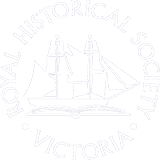
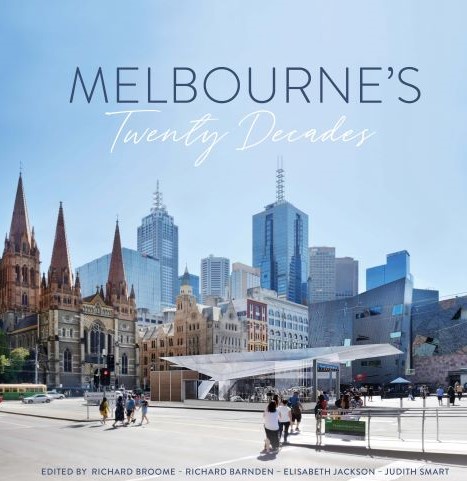

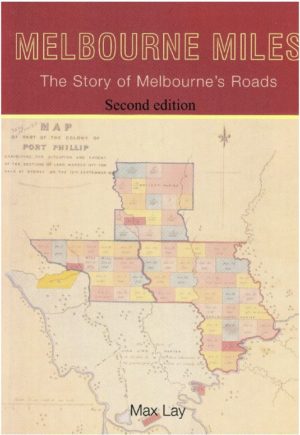

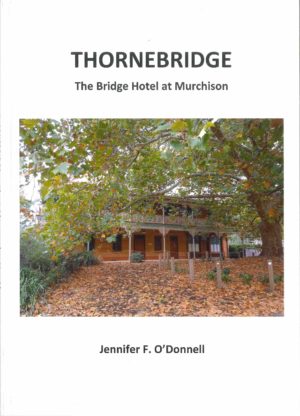
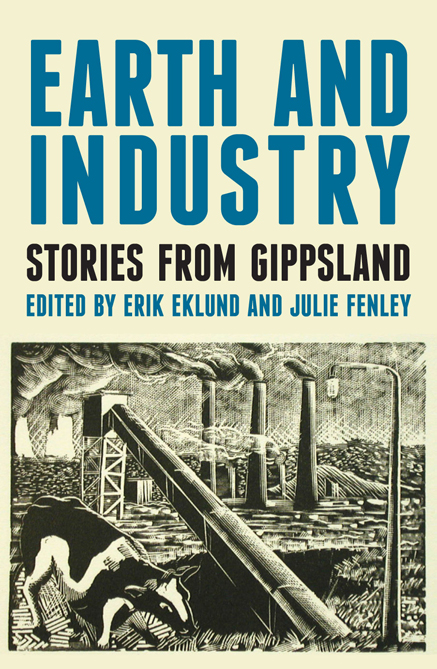



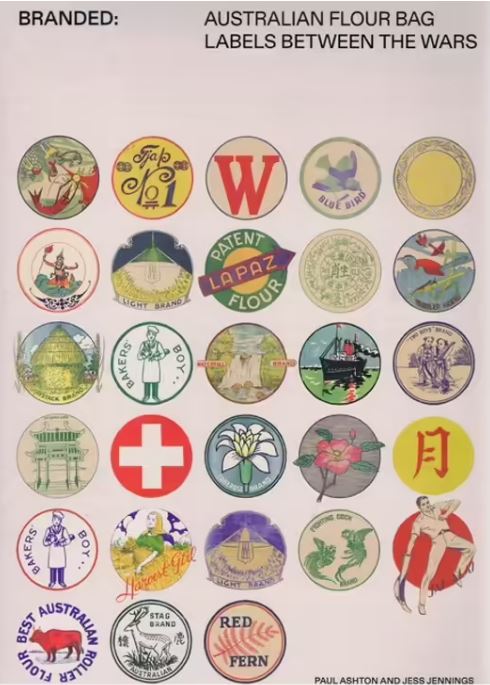
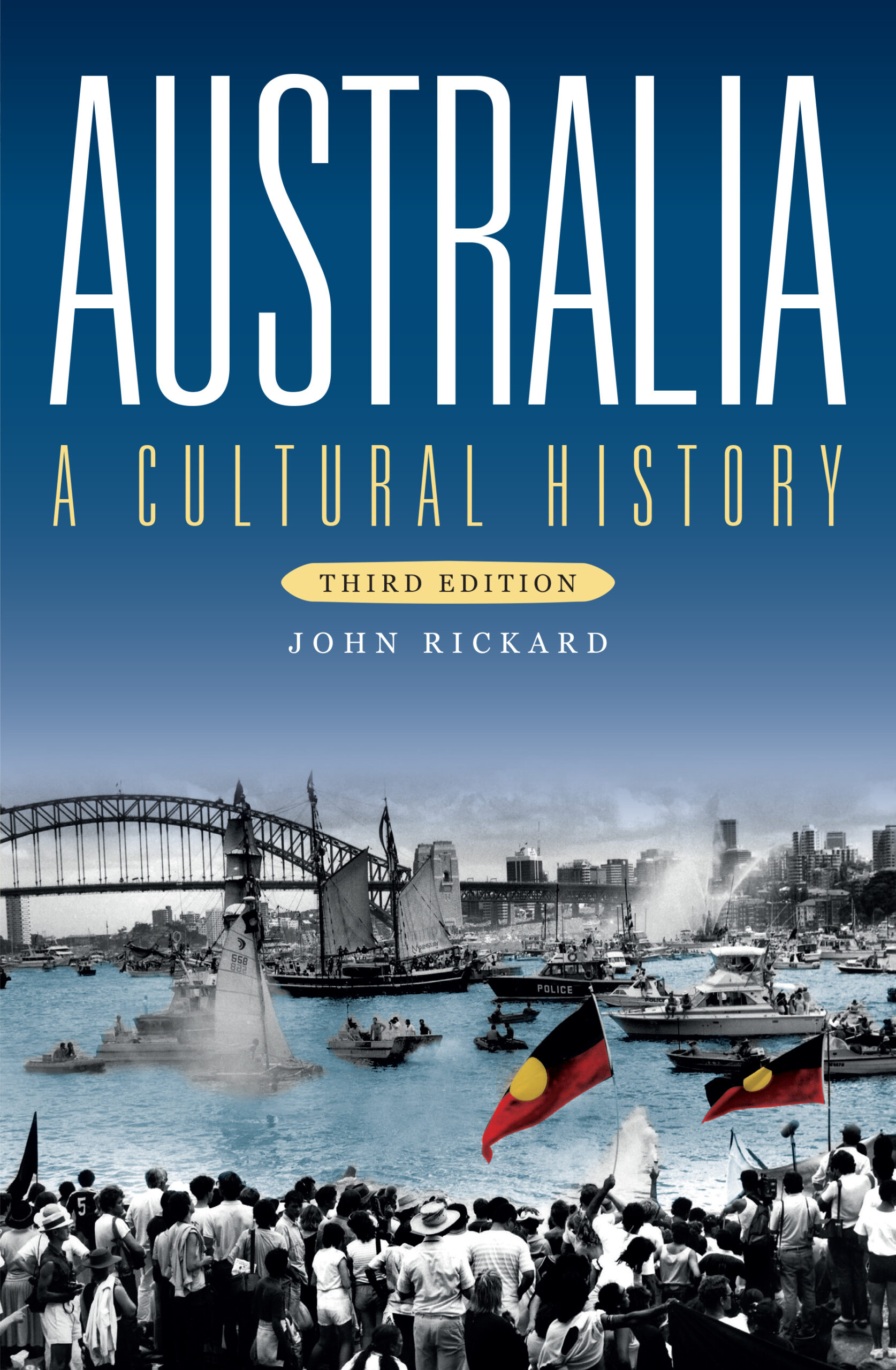
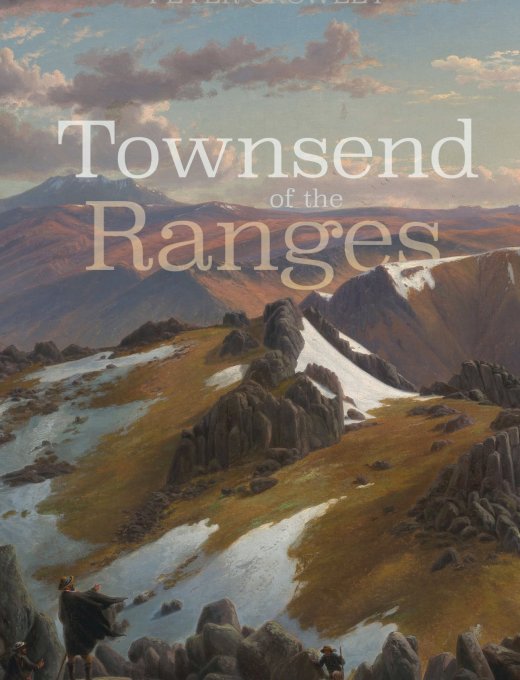

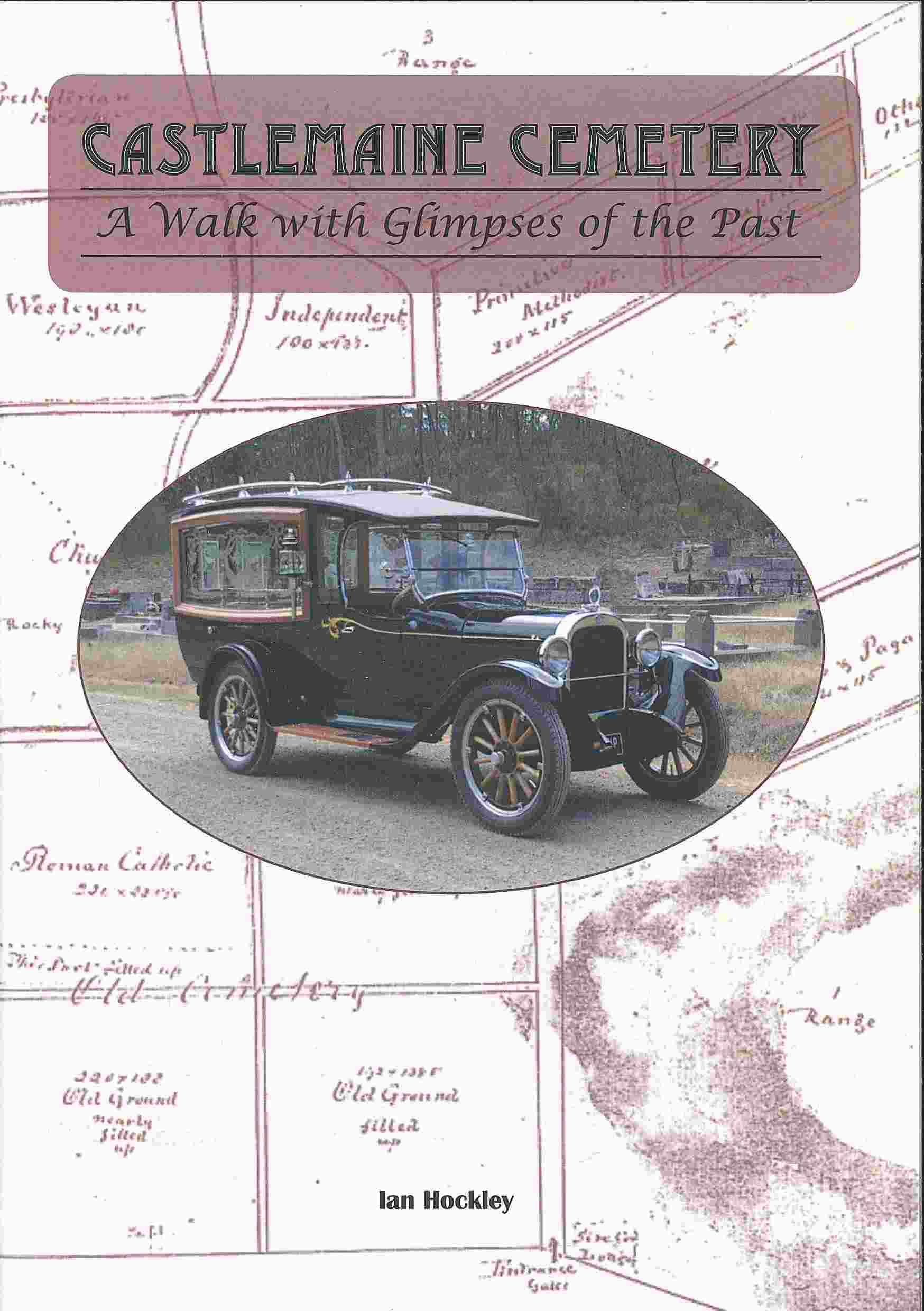

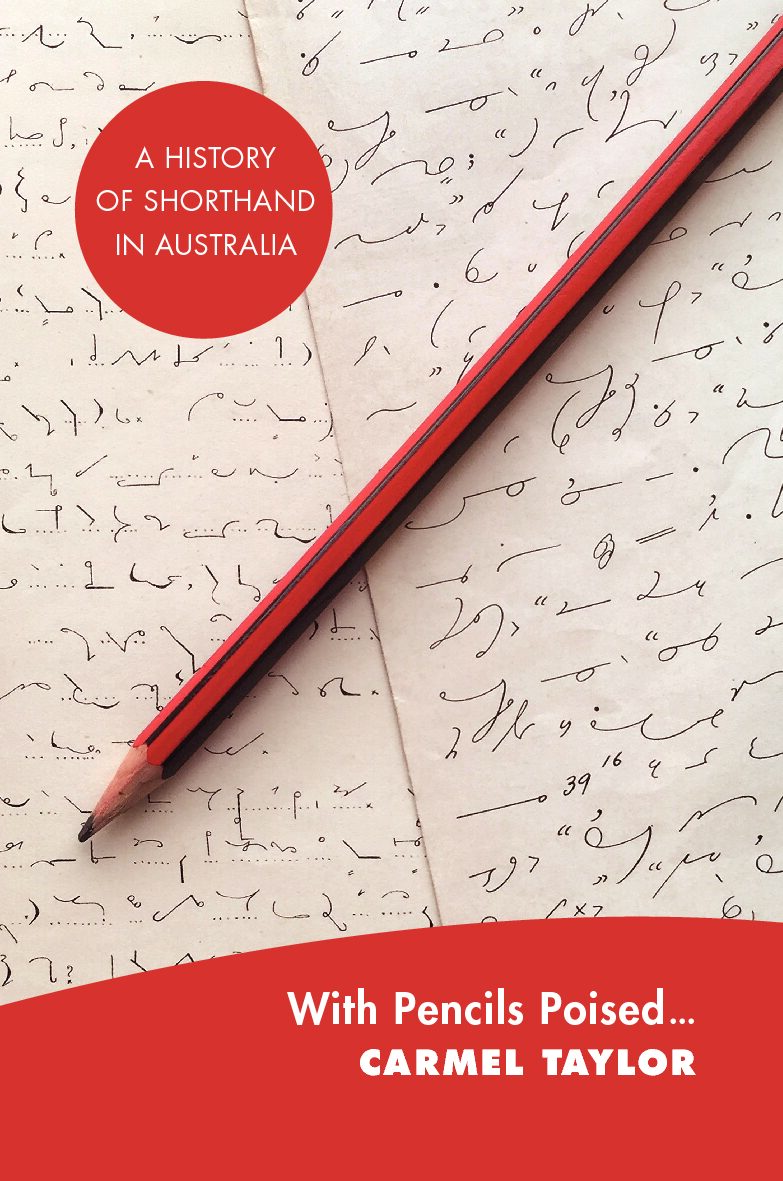
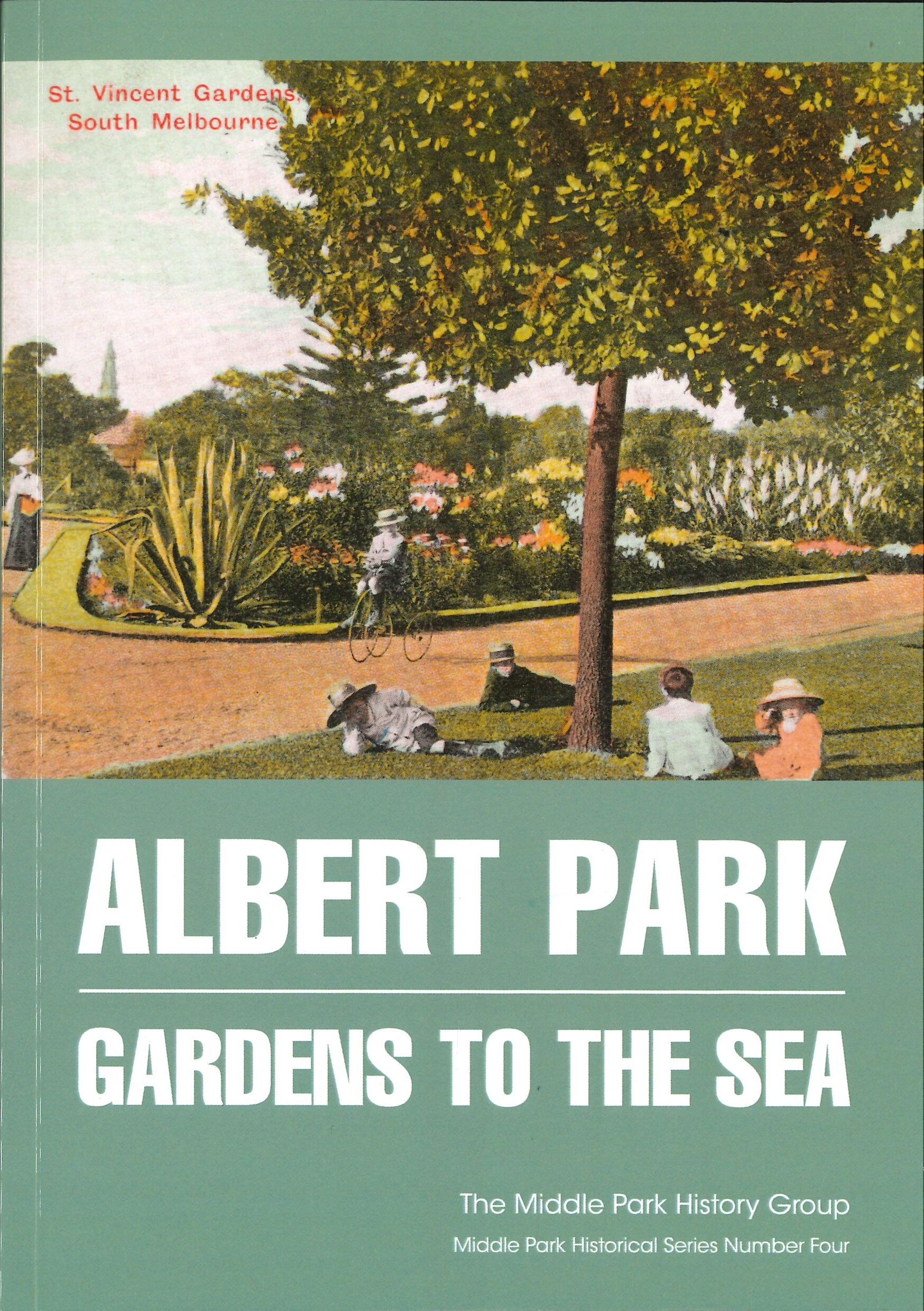

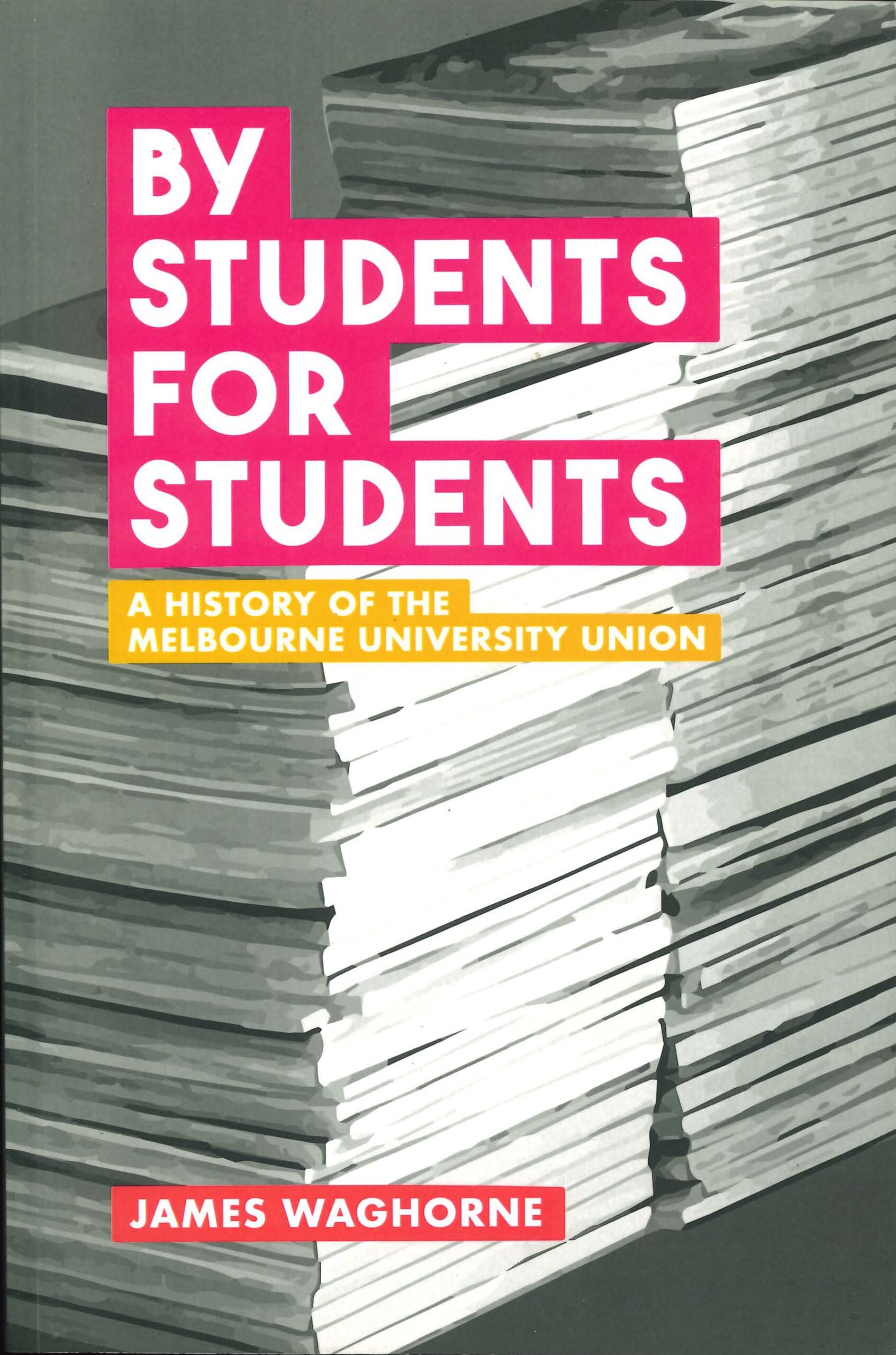

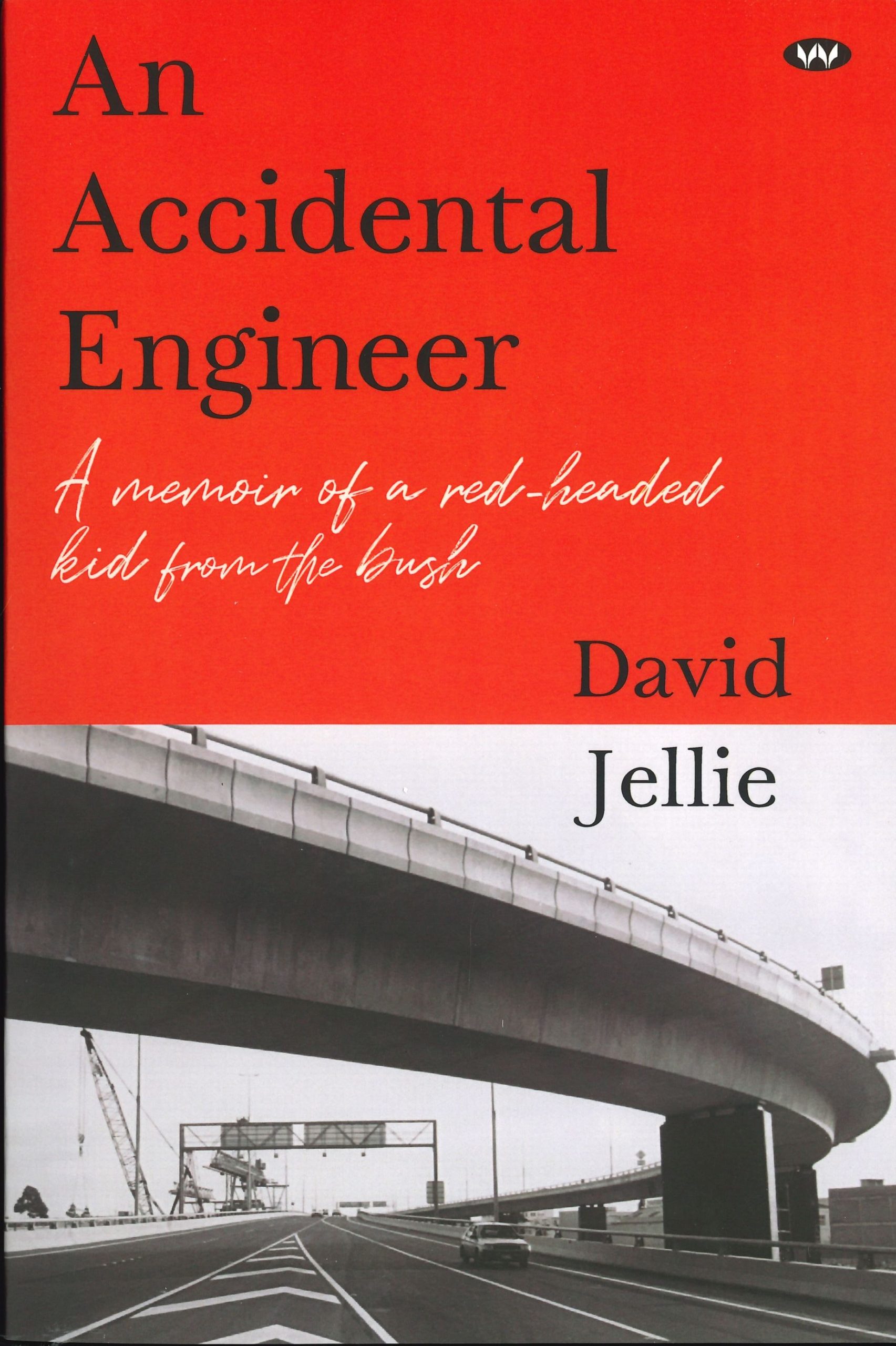

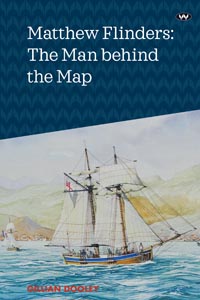
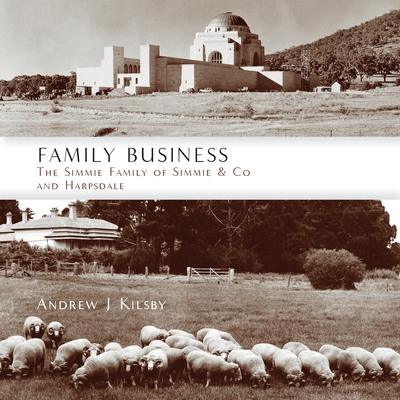
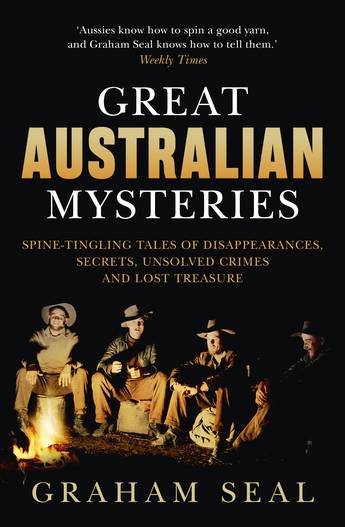
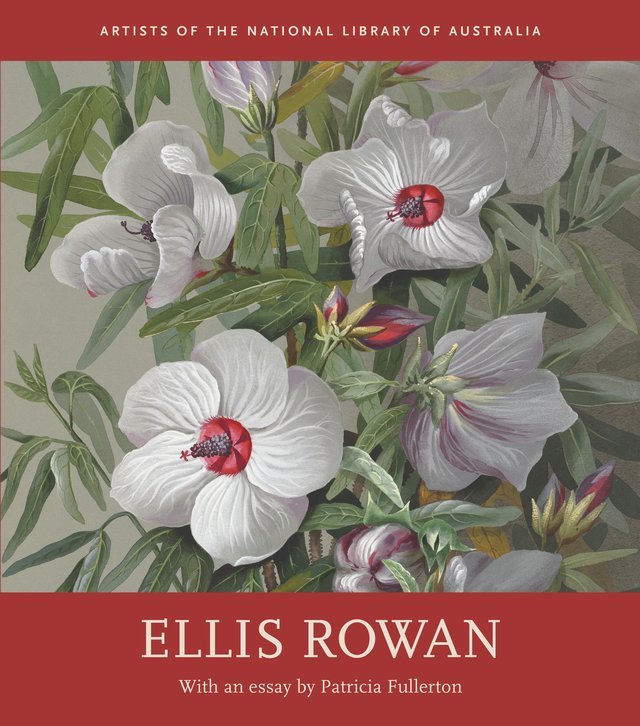

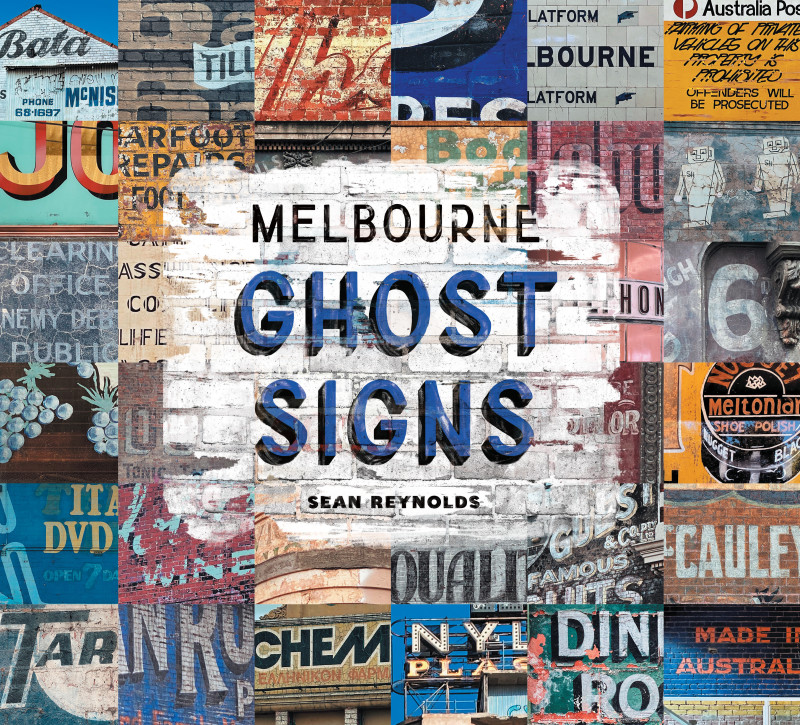

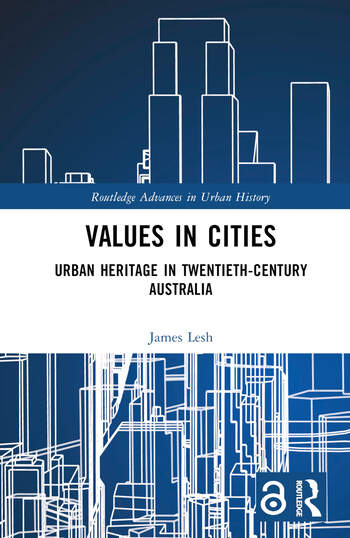
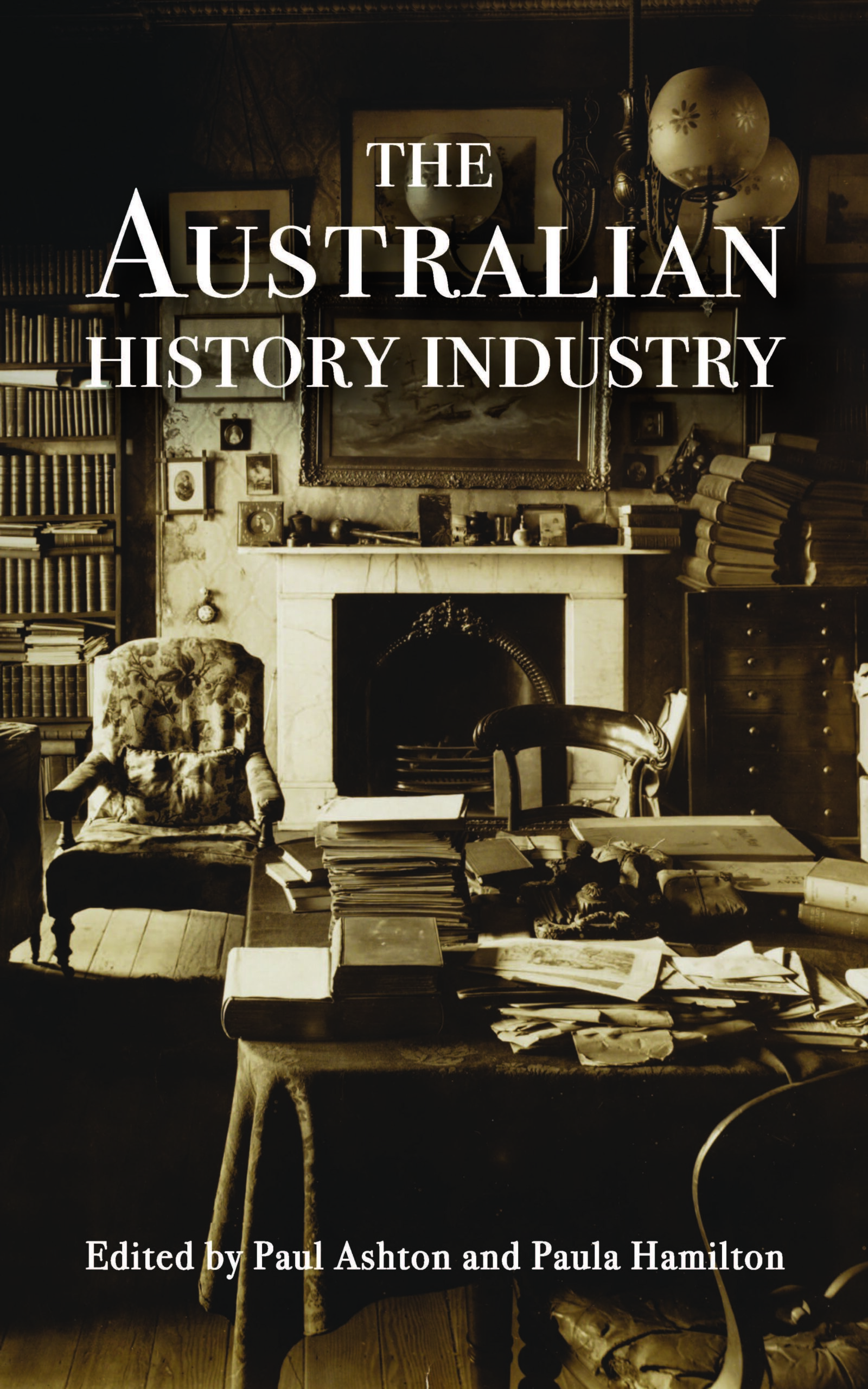
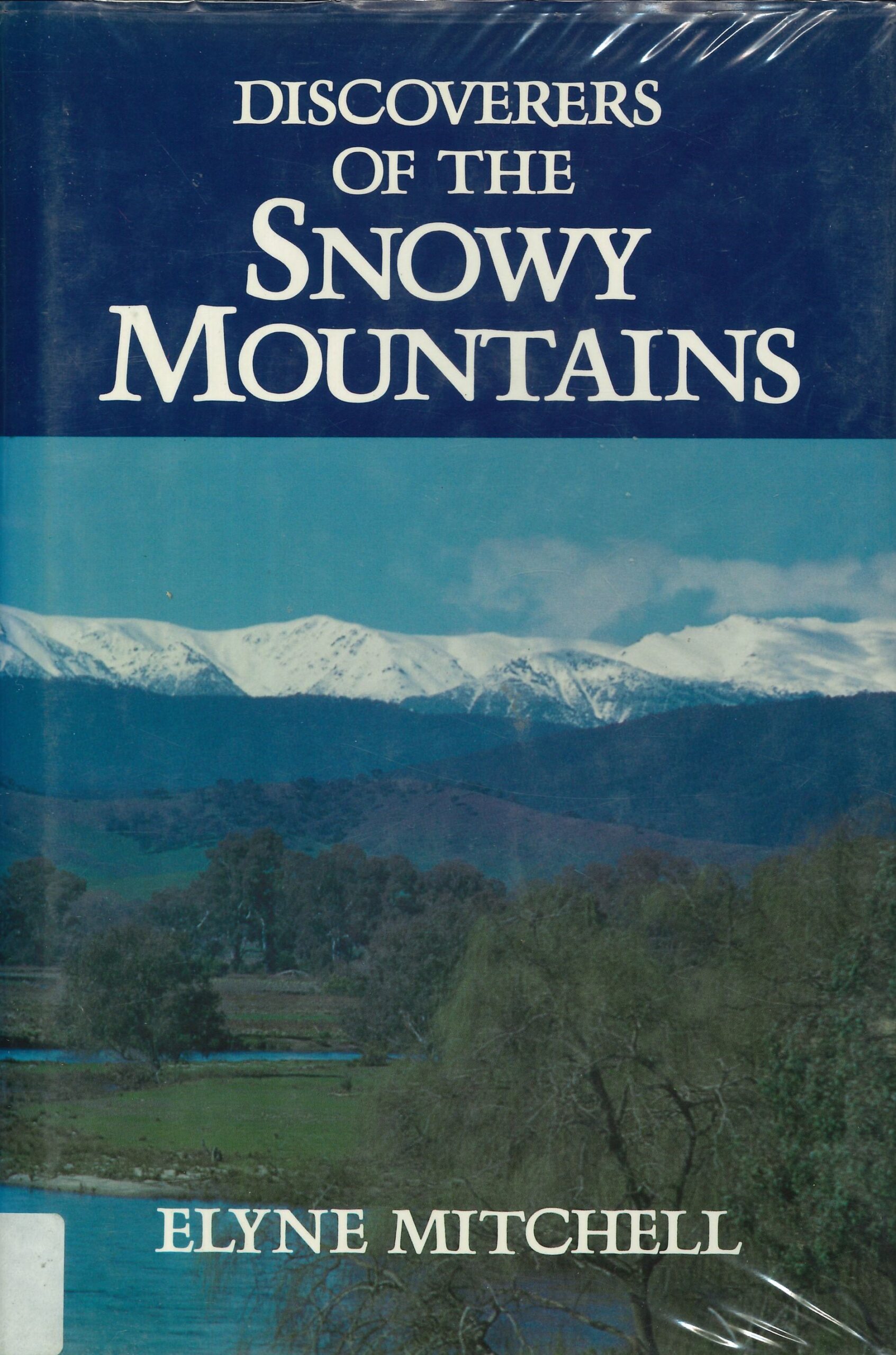
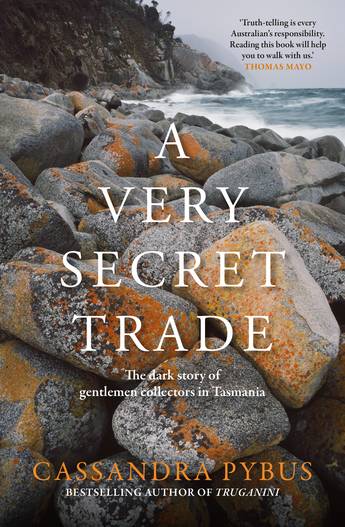
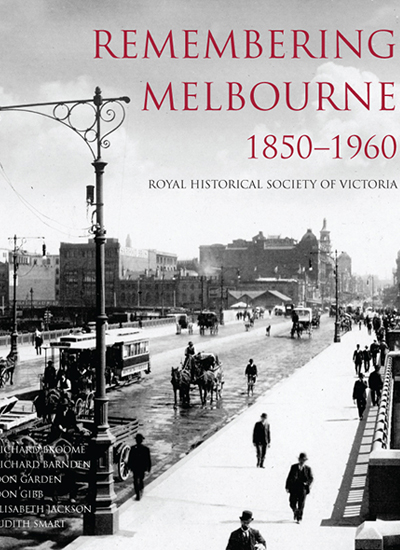
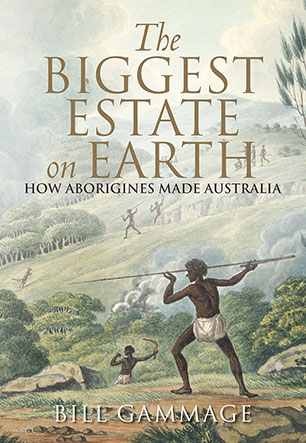
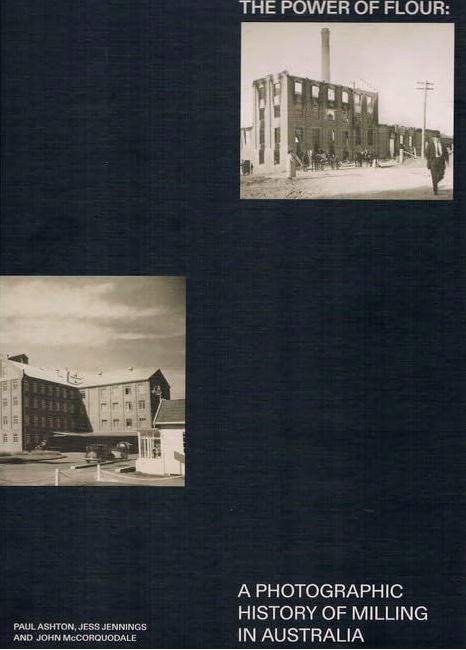
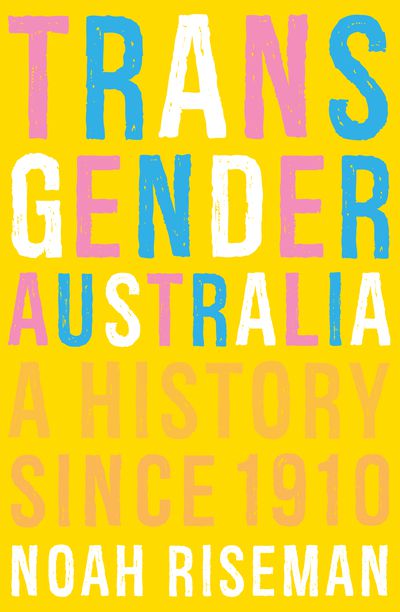
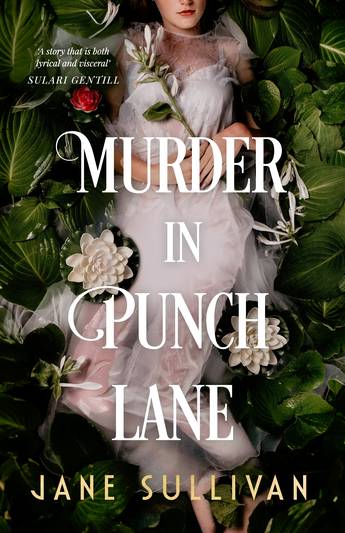






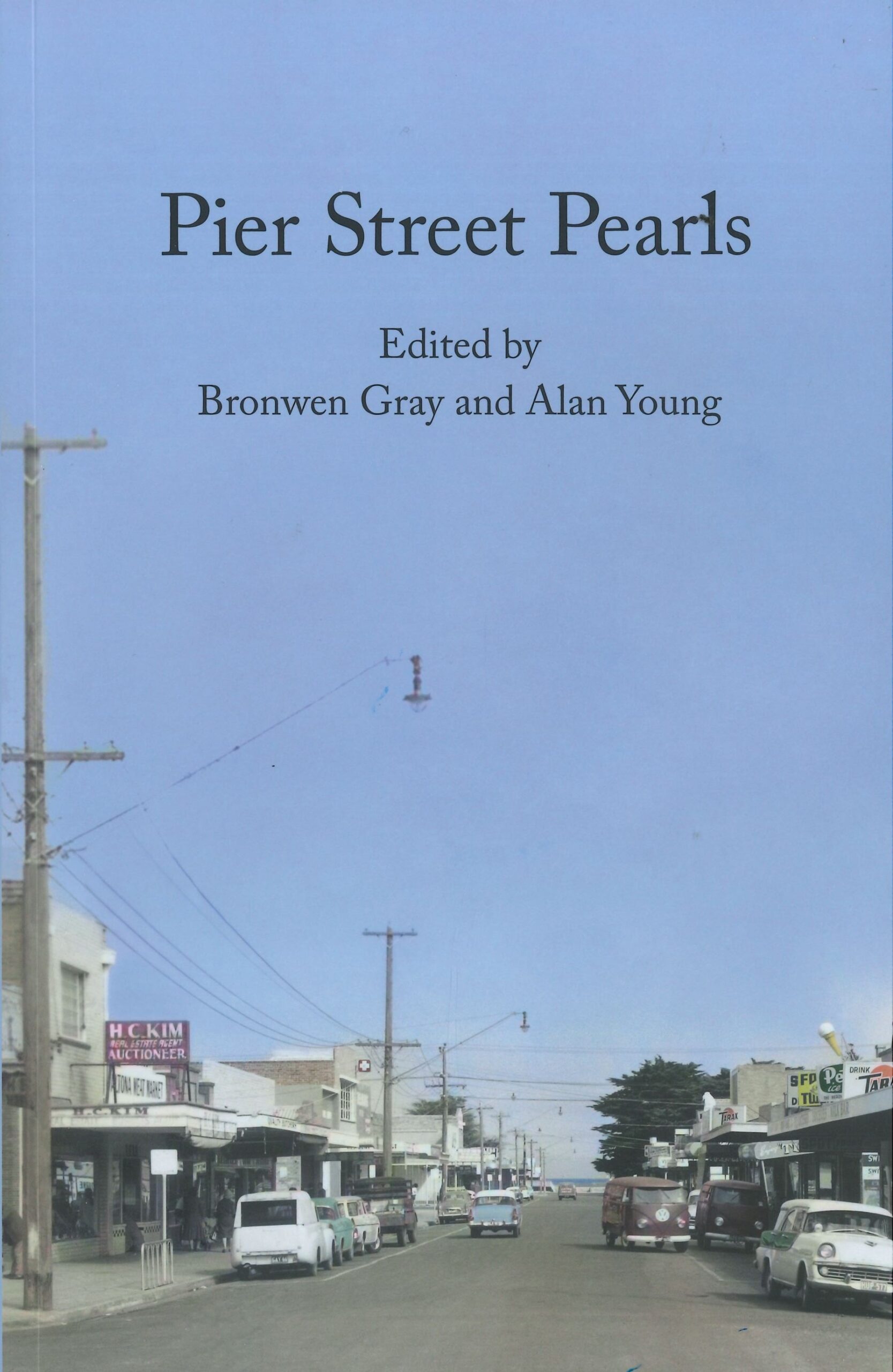
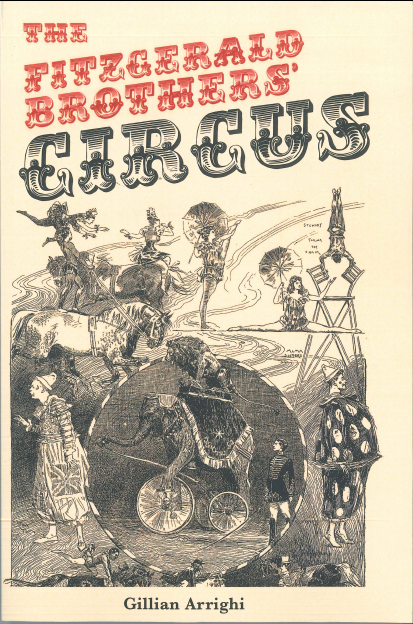


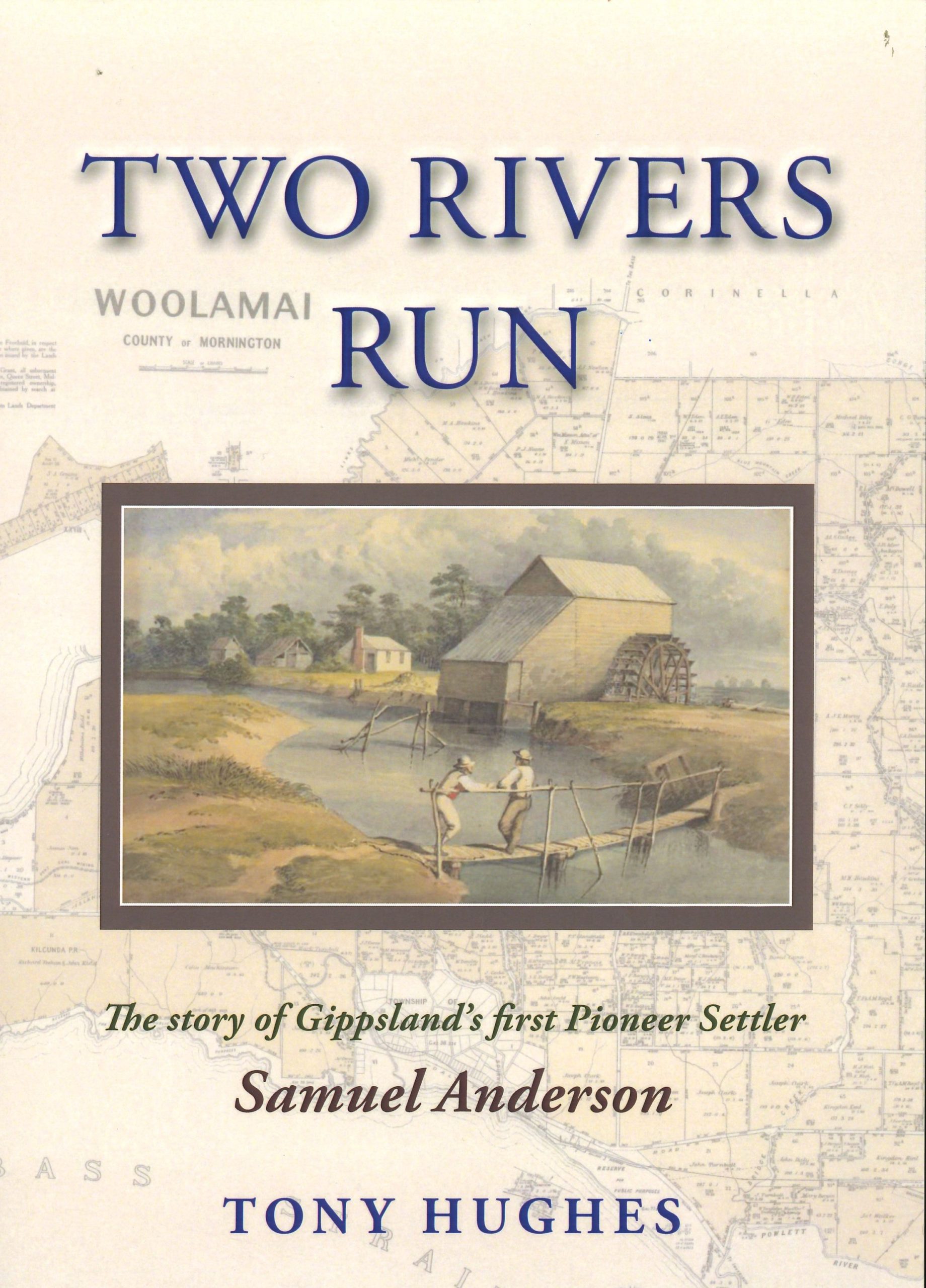
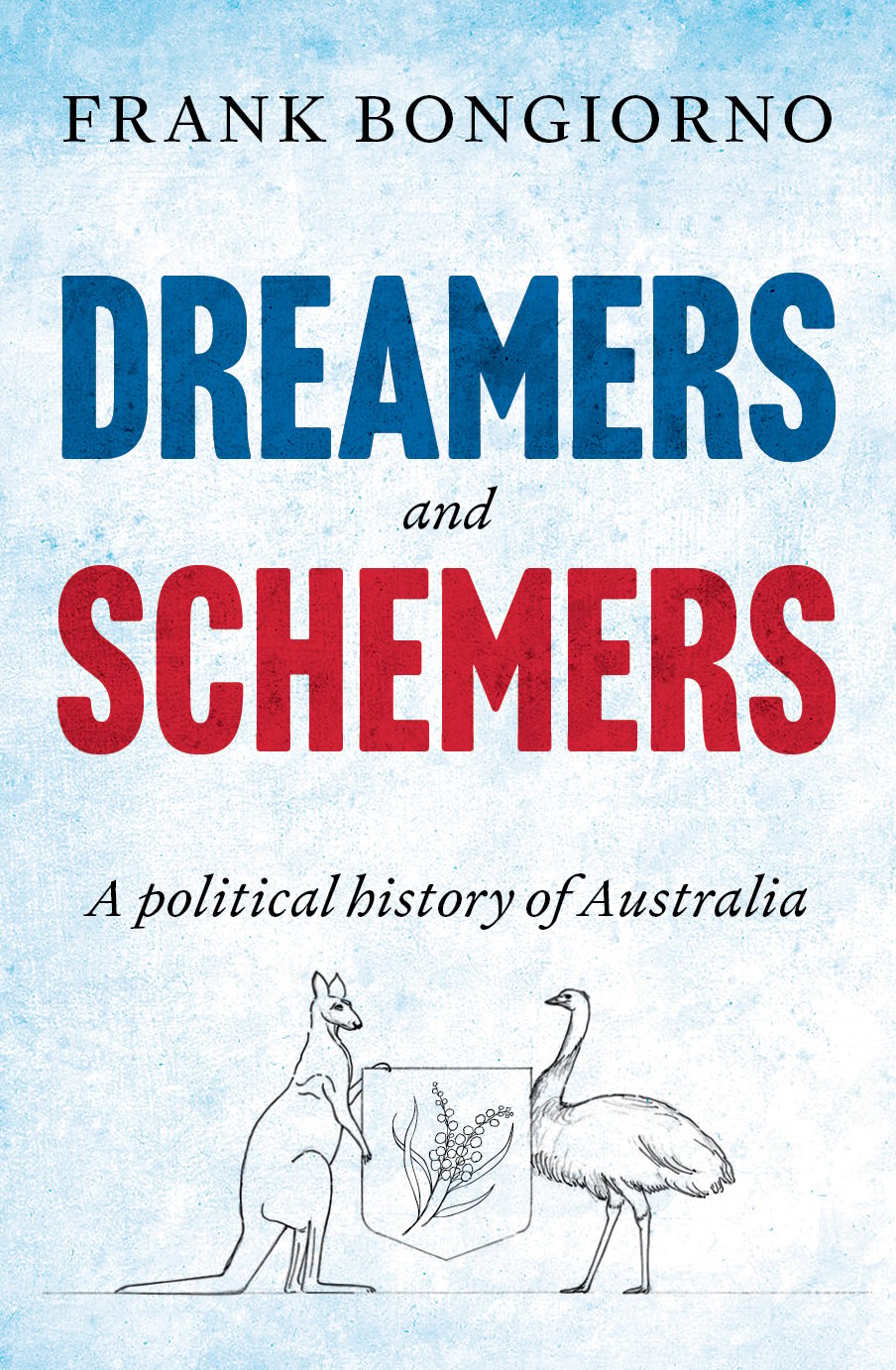

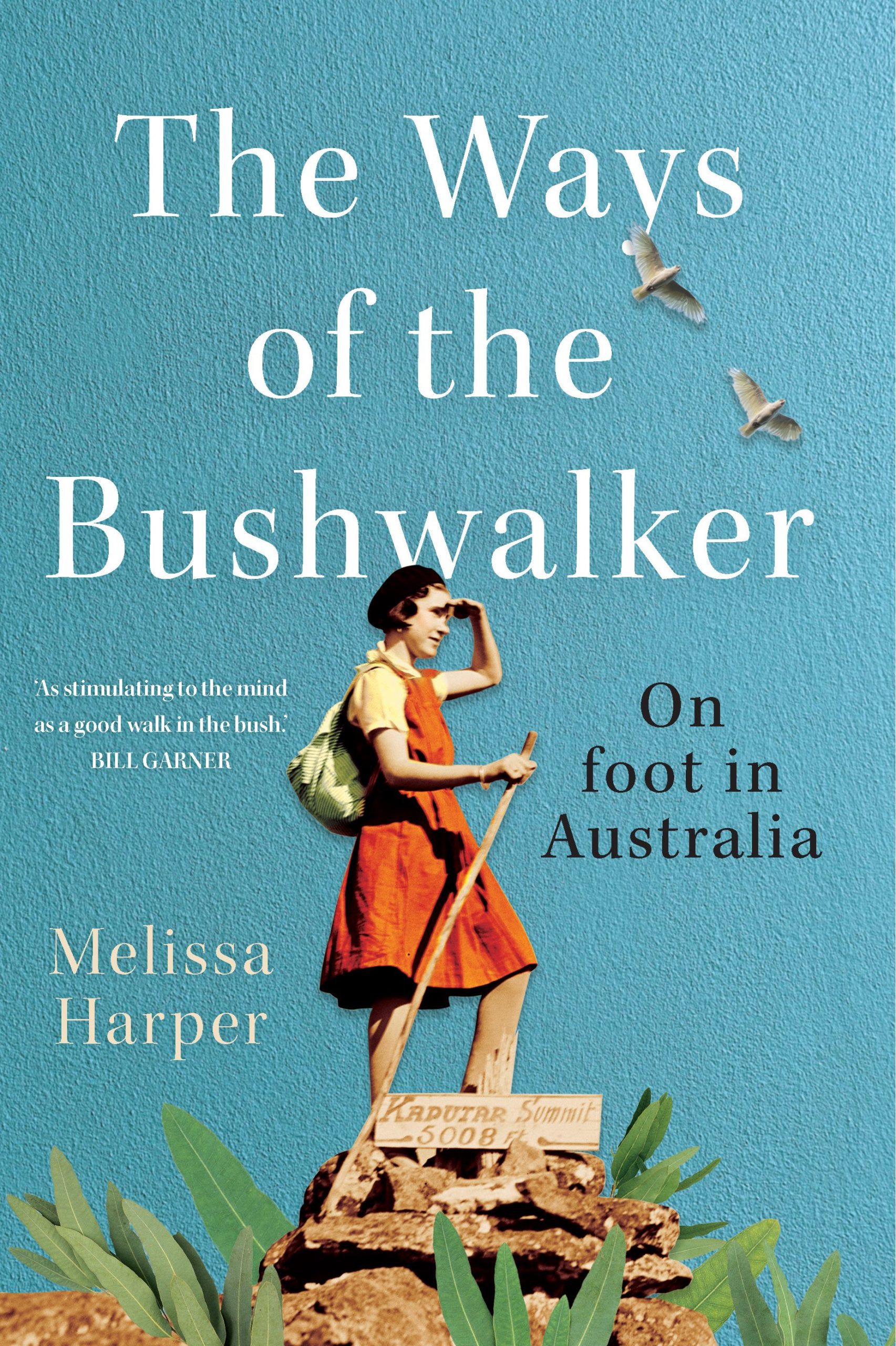
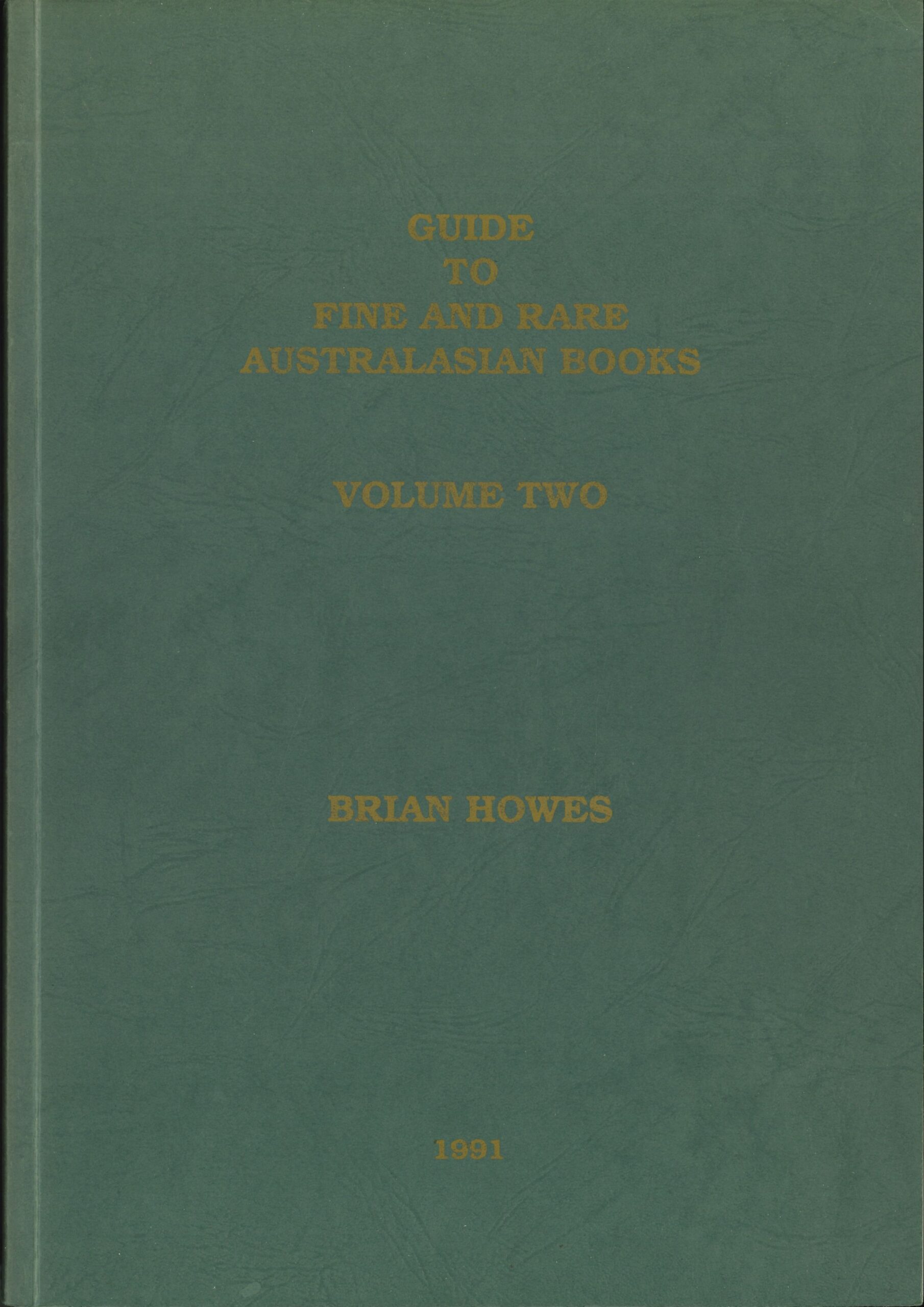
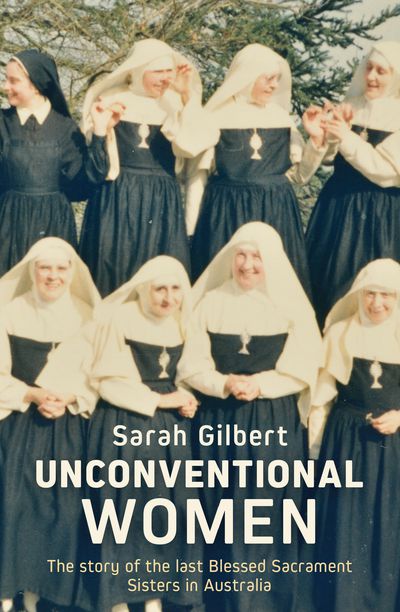
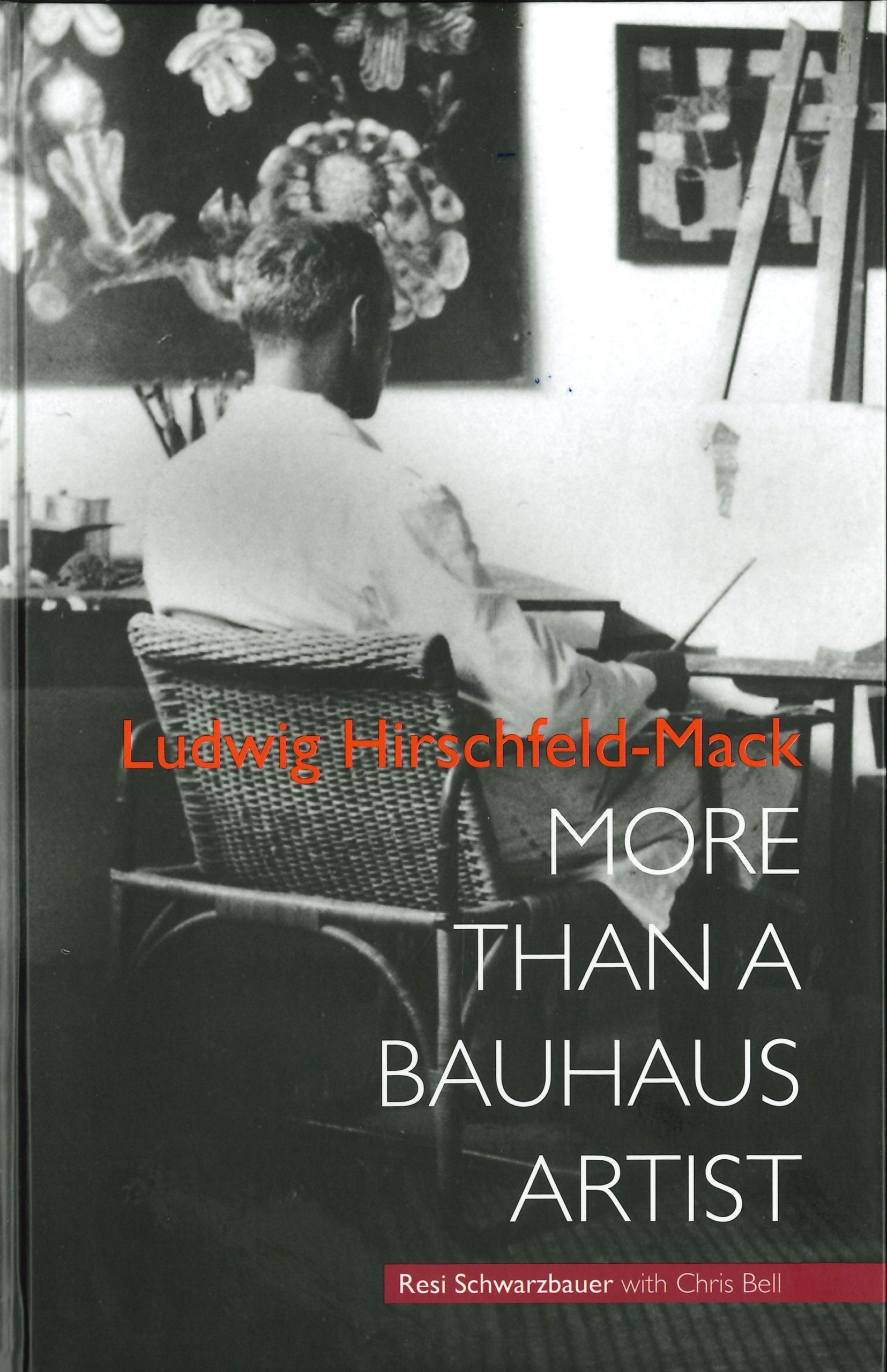
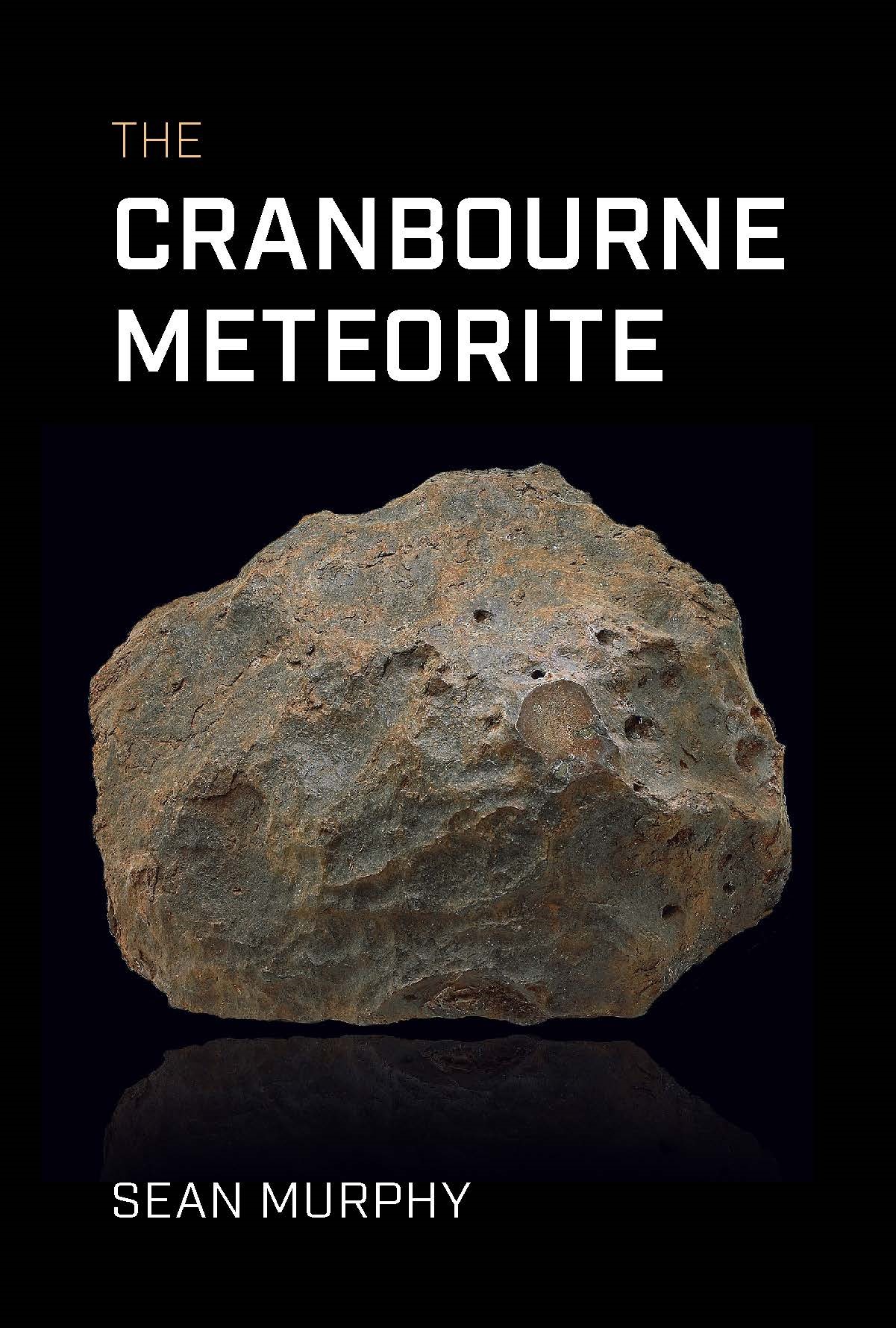



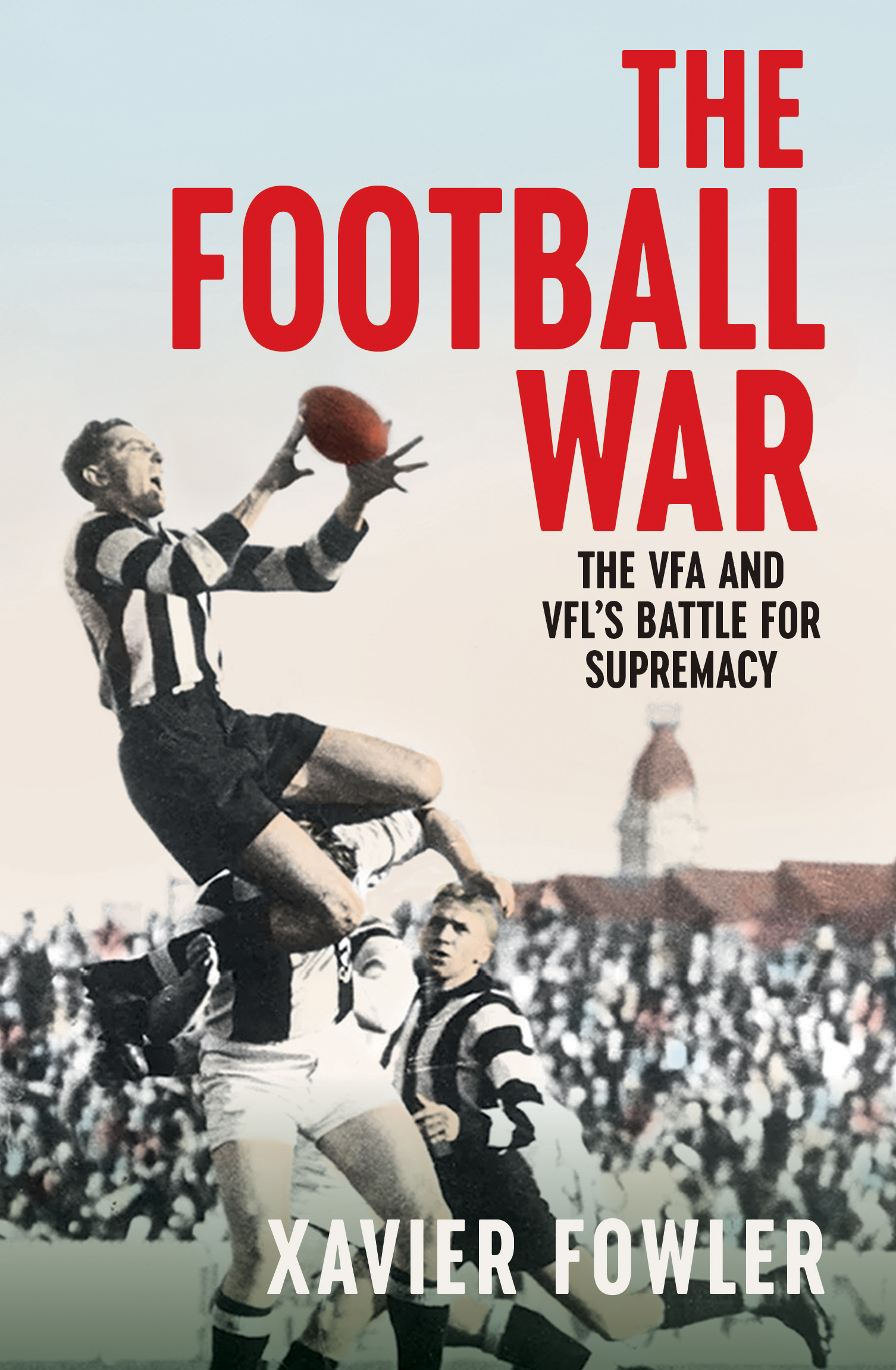
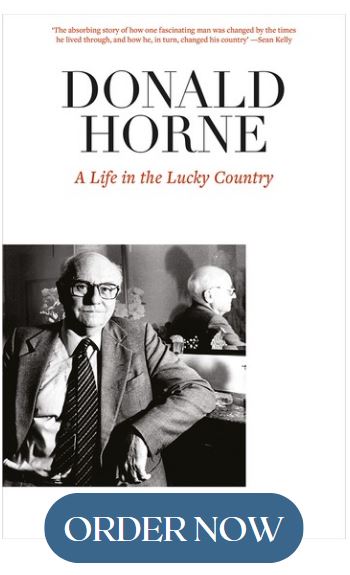
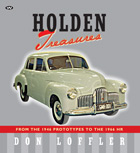


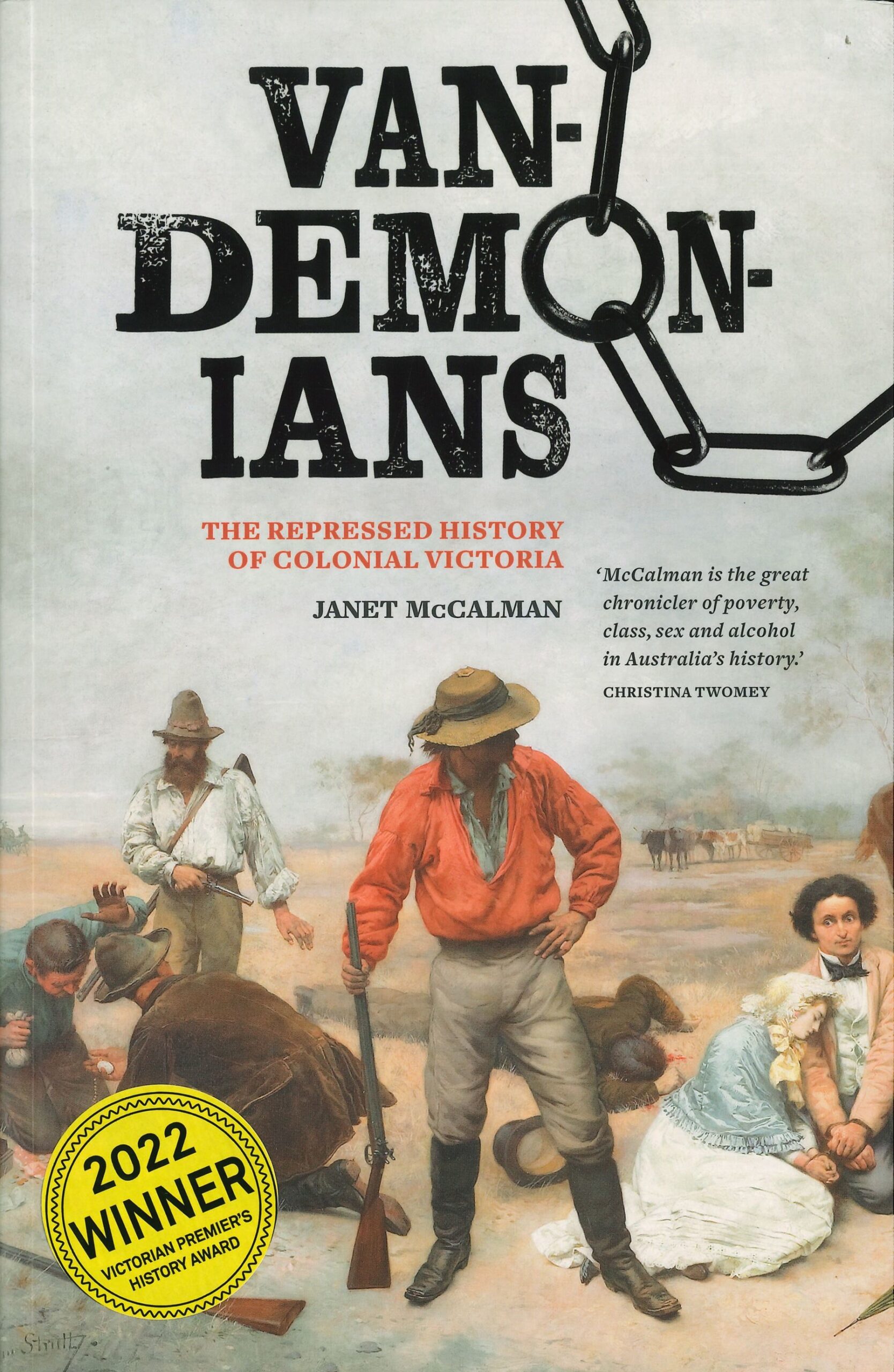
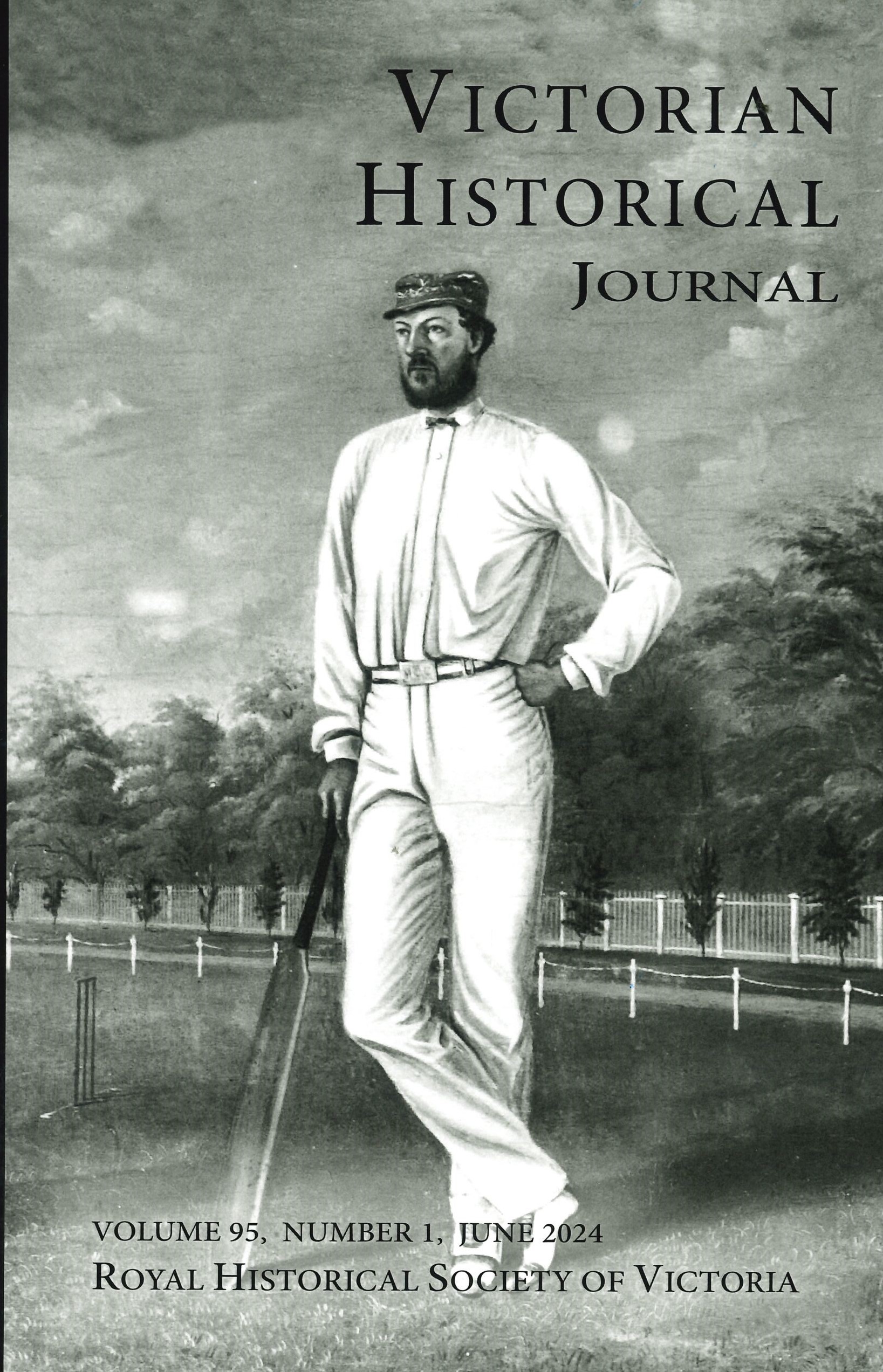


 239 A'Beckett Street Melbourne, Victoria, 3000
239 A'Beckett Street Melbourne, Victoria, 3000  03 9326 9288
03 9326 9288  office@historyvictoria.org.au
office@historyvictoria.org.au  Office & Library: Weekdays 9am-5pm
Office & Library: Weekdays 9am-5pm


Book Reviews Reviews
There are no reviews yet.